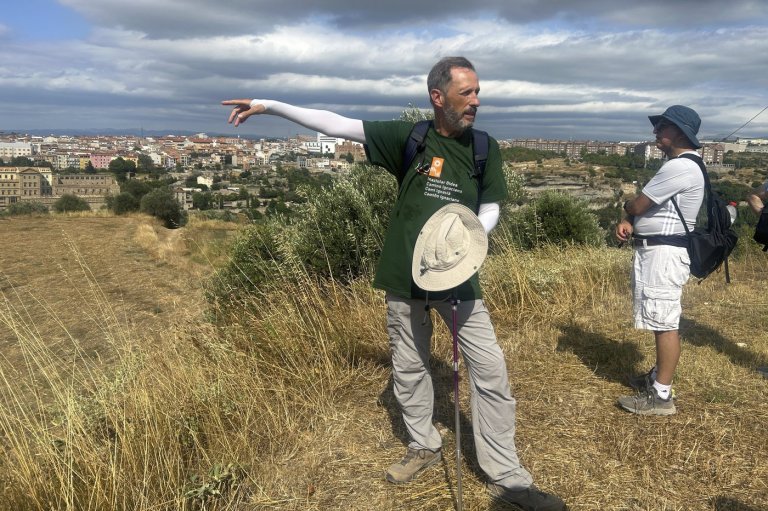An ex-Harvard Medical School morgue manager admits his role in the theft of human remains
SCRANTON, Pa. (AP) — A former Harvard Medical School morgue manager has admitted his role in the theft and sale of human body parts — including hands, feet and heads.
Cedric Lodge, 57, of Goffstown, New Hampshire, pleaded guilty Wednesday in Pennsylvania to interstate transport of stolen human remains, federal prosecutors said. He could face up to 10 years in prison.
The thefts from the morgue in Boston occurred from 2018 through at least March 2020, prosecutors said. Authorities have said Lodge, his wife and others were part of a nationwide network of people who bought and sold human remains stolen from Harvard and a mortuary in Arkansas.
Denise Lodge and several other defendants have pleaded guilty to various charges stemming from the scheme. Prosecutors have said she negotiated online sales of several items, including two dozen hands, two feet, nine spines, portions of skulls, five dissected human faces and two dissected heads.
Authorities have said the dissected portions of cadavers donated to the school were taken without the school’s knowledge or permission.
Bodies donated to Harvard Medical School are used for education, teaching or research purposes. Once they are no longer needed, the cadavers are usually cremated and the ashes are returned to the donor’s family or buried in a cemetery.
Join the Conversation!
Want to share your thoughts, add context, or connect with others in your community? Create a free account to comment on stories, ask questions, and join meaningful discussions on our new site.












Leave a Reply
You must be logged in to post a comment.